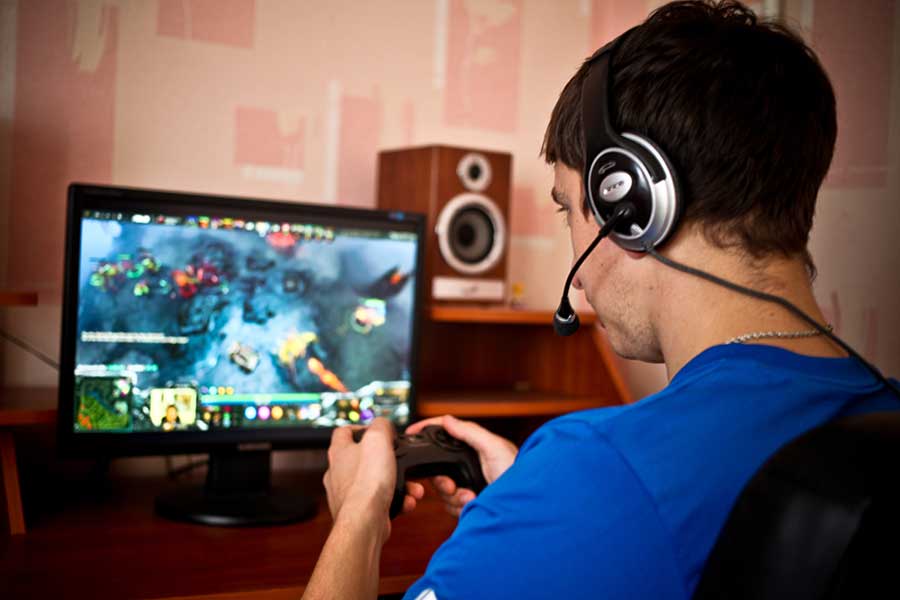Venture Academy employs skilled psychologists, counsellors, teachers and front-line staff experienced in helping youth with gaming addictions and problematic and self-destructive online behaviour. Keeping up on research and implementing cutting edge interventions (all while considering the family’s values) has been the hallmark of our clinical practice. The world of clinical diagnostics is constantly changing. No longer are the terms “gaming addict” or “addicted to the internet” ad-hoc descriptors for someone who can’t be separated from their device. Now the top psychiatrists and medical community worldwide have studied and recognized the phenomenon to be problematic and harmful enough to consider clinical classification.

When it comes to clinical diagnosis and evaluation the internationally accepted American Psychiatric Association DSM-5 is utilized around the world for diagnosis. It is the manual that classifies everything we are all familiar with such as ADHD, depression, anxiety, and any and all mental health diagnosis. In Section 3 of the manual, “Conditions for Further Study”, The DSM-5 describes Internet Gaming Disorder as:
“Persistent and recurrent use of the Internet to engage in games, often with other players, leading to clinically significant impairment or distress…”
Criteria for Diagnosis Considers:
- preoccupation with such games
- withdrawal symptoms of irritability, anxiety, or sadness
- the development of tolerance
- unsuccessful attempts to control the behavior
- loss of interest in other activities
- continued excessive use despite knowledge of psychosocial problems
- deceiving others regarding the amount of time spent gaming
- use of this behavior to escape or relieve a negative mood
- jeopardizing/losing a significant relationship/job/educational opportunity
The description of the gaming disorder in the DSM-5 and the subsequent bullet point symptoms listed here do not tell the whole story around what’s involved in an assessment. Parents and others involved with those engaging in problematic online or gaming behaviours don’t need a fancy clinical assessment to tell them that there is a problem. You already know that. But what an assessment can do is determine where the problem is coming from, identify factors contributing to the problem, how clinically severe the problem may be and what clinical intervention methods can be utilized to eliminate the problem and turn your child around.
In other words, the assessment determines why this is happening and what can be done about it.
To inquire about an assessment please call: (855) 281-5813






